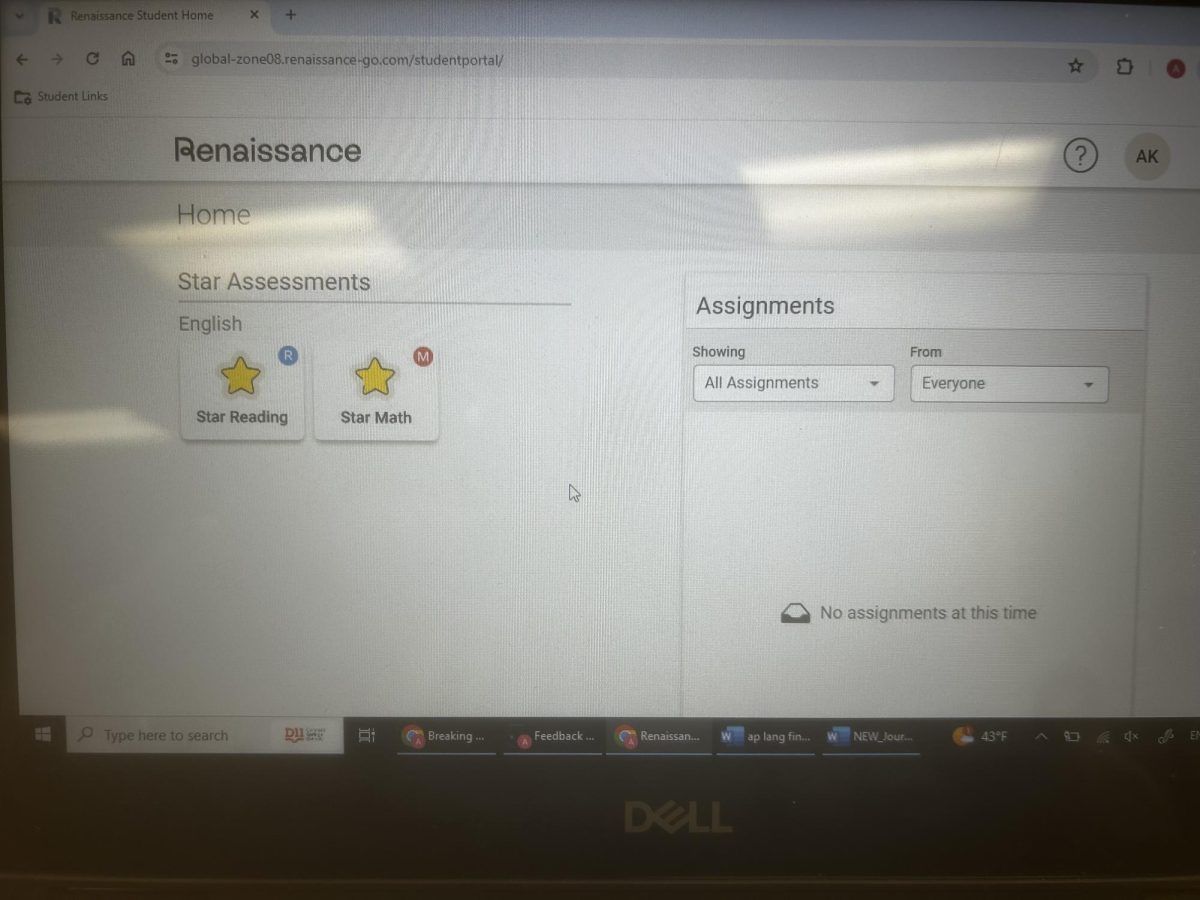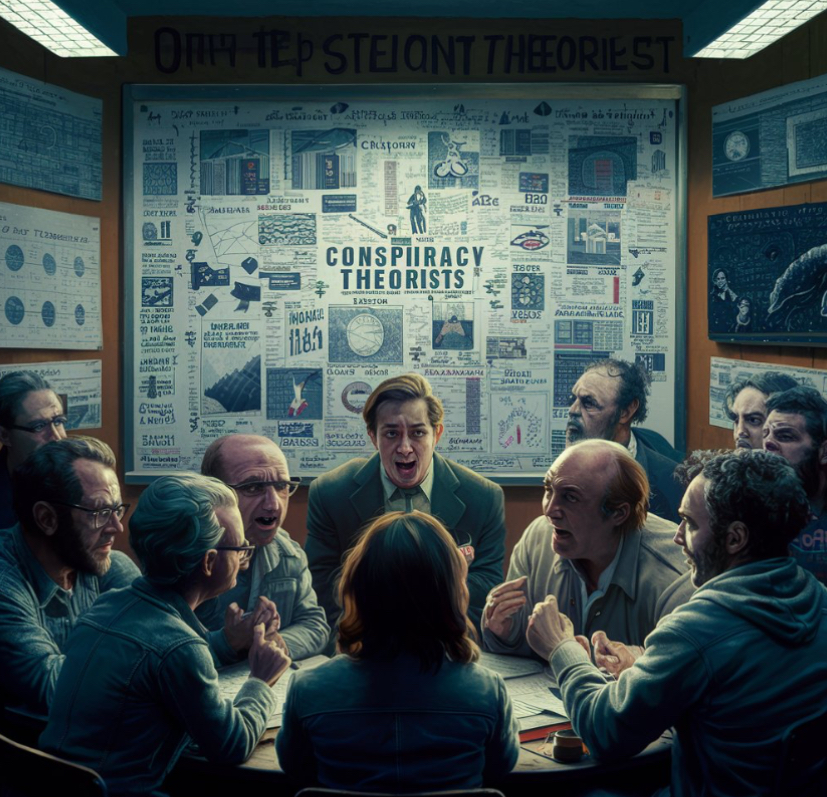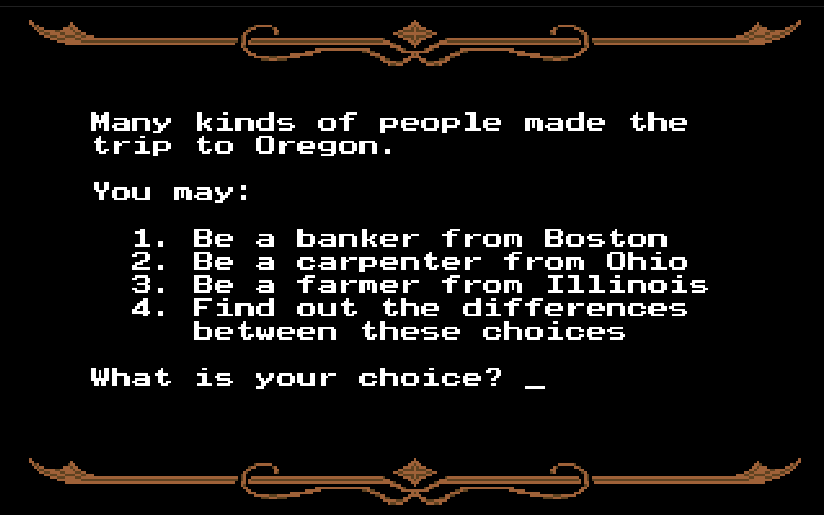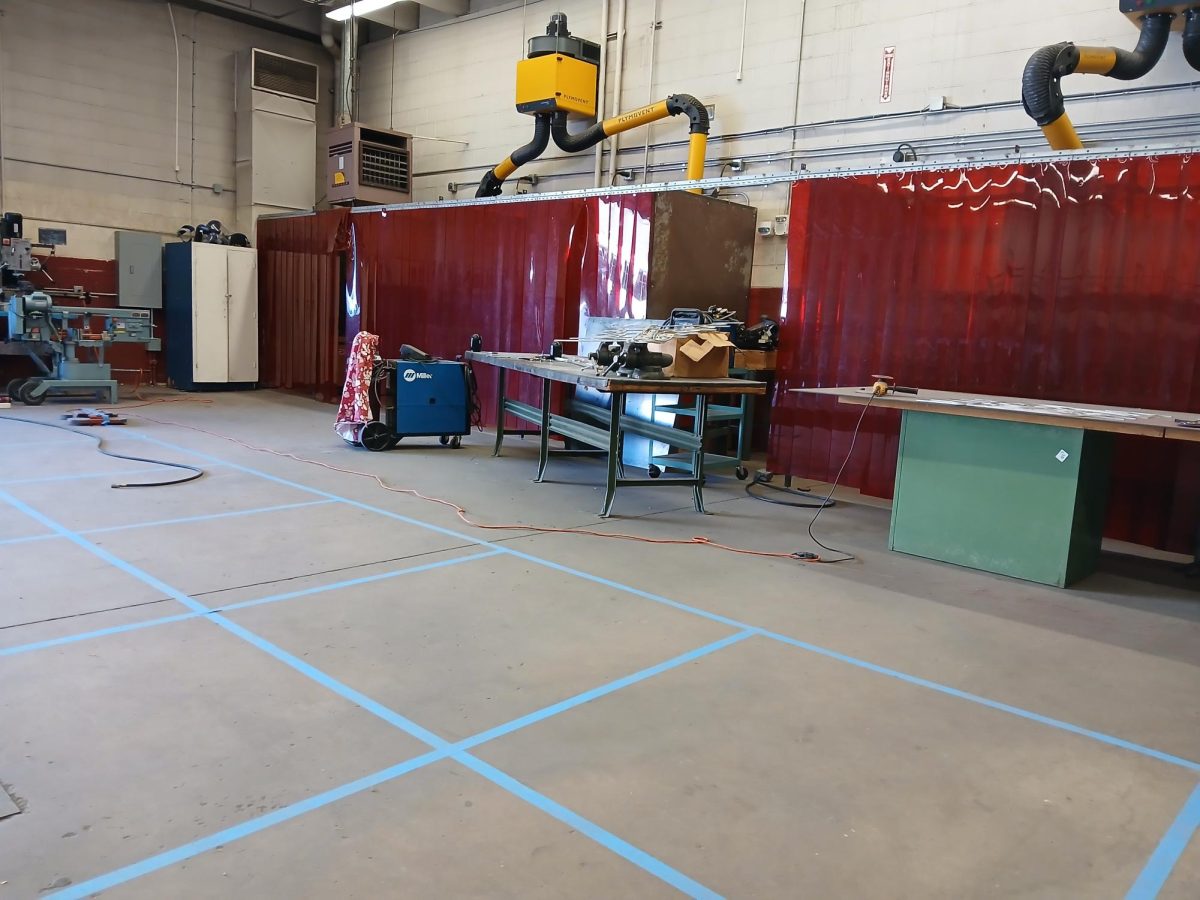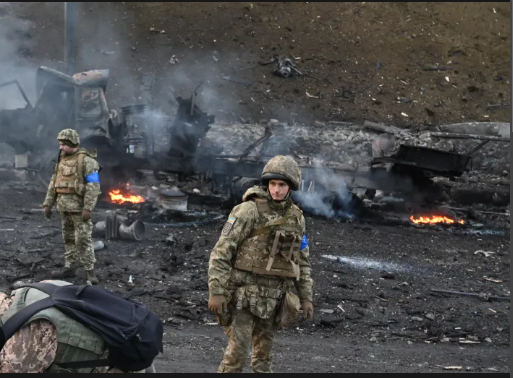
The aftermath of the battle of Fredericksburg was a sobering moment for the United States. Thousands laid along city blocks buried by rubble, and many more floated downstream as bullets had caught them before they could disembark their pontoons. On the scene, General Robert E. Lee exclaimed, “It is well that war is so terrible, or we should grow too fond of it.”
Despite his political views, Lee was correct in this statement: war is a uniquely world-crushing experience that destroys more than lives, but entire worlds. Fortunately, very few scenes have come close to the calamitous destruction wrought by the Civil War on American soil.
The lack of recent war on American soil may contribute to a disconnect in understanding the full impact of war among decision-makers and the public.
Americans do not have an accurate view of the realities of war. Since the Civil War, battles have not been fought on American soil, but rather abroad in Europe, Southeast Asia, the Middle East, or anywhere with the shared characteristic of being hundreds if not thousands of miles away from American borders, with the exception of a few one-off incidents like the battle of Attu in World War Two and 9/11. This along with propaganda stemming from Desert Storm means that when Americans go to war, we see it as sending troops overseas to fight elusive foes, where American lives matter, but all else do not. Mr. Kane, the AP US History teacher at Coronado, expands on this with, “There’s a level of apathy that people have, because it’s easy just to see it on the news, and then just blank it out, like, ‘oh, that’s awful,’ and there’s not really potential to it… I could just change the channel, or I could go to a different website that isn’t fitting with that.”
Images from Ukraine, Gaza, and other war-torn countries have forced their populace to understand that war is more than a numbers game. People from those countries have seen firsthand the destruction harbingered by men with no experience of battle; they’ve seen friends, family, and countrymen die brutal deaths from people who’ve yet to see the impacts of their decisions firsthand.
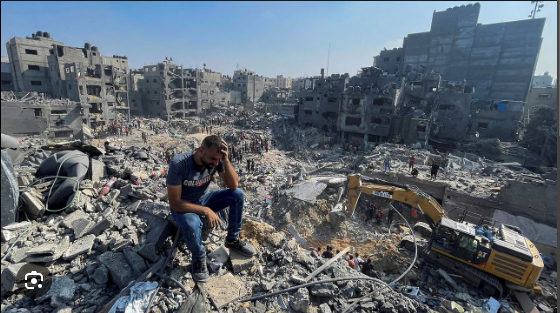
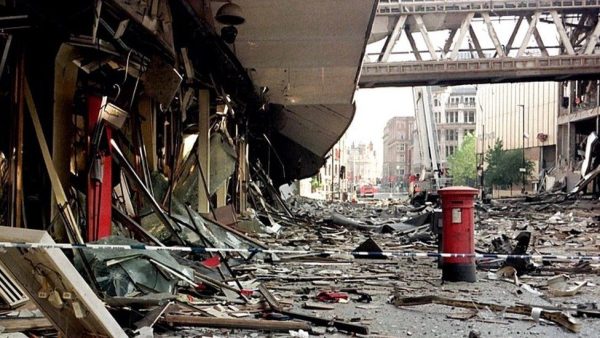
The distance from the battlefield has perhaps numbed the collective American consciousness to the grim realities of war. While the nation reveres its veterans, the true horrors of conflict remain abstract to many. The decisions made in the halls of power carry consequences that ripple across oceans, affecting lives far from American shores. When the front lines are often a world away, broadcasted through screens and headlines, we must strive to bridge the gap between perception and reality. We can cultivate a more informed and empathetic view of global conflict by actively engaging with our history and listening to the voices of those who bear war’s brunt. It is only through such understanding that we can honor the true cost of war and work towards a future where such devastation is a relic of the past.



